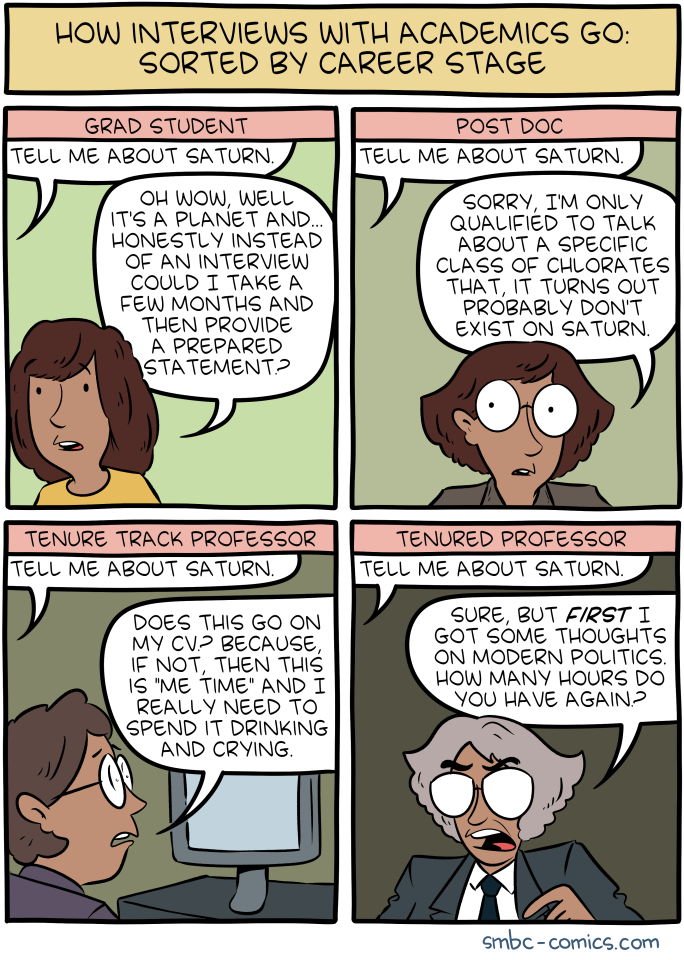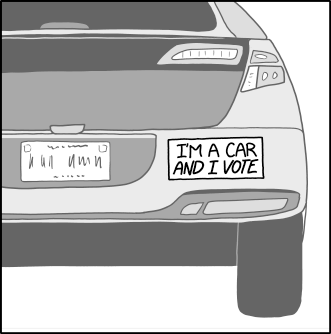Diacriticless Vietnamese, part 2
This comment by Quyet on a recent post ("Dungan-English dictionary" [10/26/18]) is of such significance that I feel it merits separate, special recognition of its own:
The [Vietnamese] government often sends out mass text messages with announcements to every number in the country with no diacritics at all. Furthermore, teenagers have grown up to text toneless and abbreviated with no issues, and now it's common to see things like "Hn 2 vc mun dj choj oh cv thog nhat vs cac p dog nghiep hem?"
Read the rest of this entry »
Anamnesis
Jonathan Lundell writes about a passage in yesterday's Matthew Shepard memorial:
It was lovely and moving, especially Bishop Gene Robinson’s homily, but I couldn’t help remarking his folk-seminarian (I assume) etymology for “anamnesis”. He explained it as “an-“, against, and “amnesia”, forgetting. Seminarians would learn it in the context of holy communion. I can see the appeal of that explanation. It leads to the right sense of the word, or close enough, and is more poetic, less clinical somehow, than ana-mnsesis would be.
Read the rest of this entry »
Style? Stance? What?
Yesterday's SMBC:
Mouse-over title: "The emeritus will take 4 hours telling you about a trip to Africa that happened 40 years ago."
Read the rest of this entry »
An xkcd for Geoff Nunberg
Mouseover text: "I'm the proud parent of an honor student, and the person driving me is proud, too!"
From Geoffrey Nunberg, "The pragmatics of deferred reference" (in L. Horn and G. Ward, eds., The Handbook of Pragmatics, Blackwell, 2003):
Read the rest of this entry »
Dungan-English dictionary
We have had several posts about Dungan on Language Log:
"Dungan: a Sinitic language written with the Cyrillic alphabet" (4/20/13)
"'Jesus' in Dungan" (7/16/14)
"Writing Sinitic languages with phonetic scripts" (5/20/16)
See also:
Implications of the Soviet Dungan Script for Chinese Language Reform.
The reason I have been interested in Dungan for the last four decades and more is that it constitutes prima facie evidence that a Sinitic language that had never before been written in Sinographs can be written in an alphabetical script, even without the indication of tones. Relying on separation of words with spaces, punctuation, etc., the Dungans have used their script to write poetry, essays newspaper articles, and so on.
Read the rest of this entry »
Passive aggressive
Anne Henochowicz, "Passive-Aggressive: Expressing misfortune, and resistance, in Mandarin", LA Review of Books, 10/23/2018:
Strunk and White’s classic textbook Elements of Style taught us to avoid the passive voice in our writing. Our verbs should take action, not a back seat, whenever possible. (This advice is not universally accepted.) In Mandarin, however, the passive voice packs a real punch. When something is done to you, the passive evokes your great misfortune.
Read the rest of this entry »
Pinyin for the Prez
Watch what happens at the tail end of the 24 second video clip in this Twitter post:
https://twitter.com/sszyz1758/status/1054376432762216448
Read the rest of this entry »
Exact match
JW wrote to ask about the effects of Georgia's contested "Exact Match" law on people with non-ascii characters in their name:
How does this work out for Hispanic and other Latin alphabet diacritics? My Brazilian wife's full name includes the string "Lucía Mendonça" (í,ç). Many web forms, even in Spain, do not accept the diacritics. So her name will be spelled differently in different databases, from software flaws not errors in data entry. This affects not just Hispanics but naturalized Haitians, Poles, French Canadians, Swedes, etc.
And how does this work out for transliterations of names originally spelled in non-Latin alphabets (Vietnamese, Chinese, Korean, Hebrew, Arabic, Russian, etc)?
Read the rest of this entry »
The inevitability (or not) of diacritical marks
Recent talk at the University of Pennsylvania:
"Printers’ Devices, or, How French Got Its Accents"
Katie Chenoweth, Princeton University
Monday, 22 October 2018 – 5:15 PM
Van Pelt-Dietrich Library Class of 1978 Pavilion in the Kislak Center, University of Pennsylvania
Sponsored by: Penn Libraries
Read the rest of this entry »
Vietnamese nail shop
Charles Below writes:
As a follow-up to "Diacriticless Vietnamese on a sign in San Francisco" (9/30/18), I saw this sign about a block or two away on a closed nail salon. I note the stray dot over the I in NAILS. The surname I've redacted is, I believe, Irish.
Read the rest of this entry »
Arabic as a macrolanguage
Article published three days ago in The Economist: "Arabic, a great language, has a low profile: Part of the reason is that it is not really a single language at all", Johnson (10/18/18).
The article begins:
AMONG THEIR many reverberations, the terrorist attacks of September 11th 2001 had a linguistic side-effect. Between 2002 and 2009 the number of university students in America learning Arabic shot up by 231%, making it a more popular subject than Latin and Russian. This was a "Sputnik moment": like the Soviet satellite, it shocked Americans into studying their adversaries.
Read the rest of this entry »
Corpora and the Second Amendment: “keep” (part 2)
An introduction and guide to my series of posts "Corpora and the Second Amendment" is available here. The corpus data that is discussed can be downloaded here. That link will take you to a shared folder in Dropbox. Important: Use the "Download" button at the top right of the screen.
In my last post (longer ago than I care to admit), I offered a very brief introduction to corpus analysis and used corpus data on the word keep as the raw material for a demonstration of corpus analysis in action. One of my reasons for doing that was to talk about the approach to word meaning that I think is appropriate when using corpus linguistics in legal interpretation.
Read the rest of this entry »



